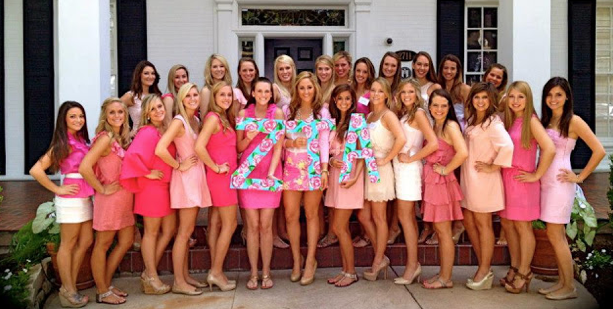This Saturday, I went to D.C. for the Climate March on Washington with Cornell. This meant packing our bags (with who knows what- would this rally become another Berkeley?), staying up till 2:00 AM, then boarding a bus with dozens of other sleep-deprived Cornell students.
We got driving around 2:30. The main lights went out in the bus, leaving only the pale green emergency lights to keep the bus from being as dark as the night outside the windows. I rested my head against the pane and got a few winks of sleep here and there, mostly tossing and turning until 9:00 AM when we arrived at our destination.
It was my first time in D.C., and I was, with bittersweet gladness, cognizant it was under strange circumstances. On one hand, I was here to exercise my voice as a student, a scholar, and a citizen. On the other, it was to protest against one of the most controversial men in American history and his denial of what is the most pressing matter of our time: climate change.
I remember sitting in a Green Cities class Fall semester and having a guest lecturer tell us his story. He was a successful consultant for big oil and gas companies until, midway through his career, he had a epiphany and decided to quit his job to tell people about the damage oil/gas was doing. He showed us all the graphs and all the research and ended the lecture with, “This is your generation’s problem. You are the last hope”. I became a vegetarian that week.
Standing there, in front of the White House, with hundreds of thousands of other citizens from around the country was empowering. It gave me hope to think that I was not alone in this fight. That I was not crazy, contrary to what my government would have me believe. Though I was frightened by the current possessors of power, as I looked around at the young crowd, I had no doubt that it was only a matter of time before my generation turned this around.


